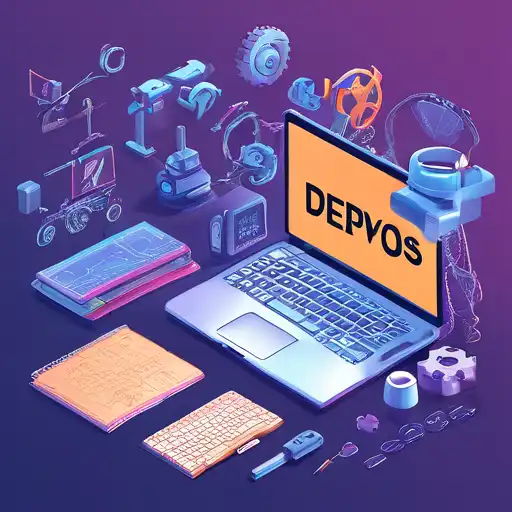Introduction to DevOps in 2023
As we step into 2023, the DevOps landscape continues to evolve, bringing forward tools that streamline development and operations processes. This guide highlights the essential DevOps tools you need to know to stay ahead in the fast-paced world of software development.
1. Continuous Integration and Continuous Deployment (CI/CD) Tools
CI/CD tools are the backbone of DevOps practices, enabling teams to automate the stages of app development. Jenkins, GitLab CI/CD, and CircleCI stand out as leaders in this space, offering robust pipelines for testing and deployment.
2. Infrastructure as Code (IaC) Tools
IaC tools like Terraform and Ansible allow teams to manage infrastructure through code, improving efficiency and reducing errors. These tools support cloud environments, making them indispensable for modern DevOps teams.
3. Containerization and Orchestration Tools
Containerization has revolutionized how applications are deployed. Docker remains the go-to for containerization, while Kubernetes leads in orchestration, ensuring containers run smoothly across environments.
4. Monitoring and Logging Tools
Effective monitoring is crucial for maintaining application health. Tools like Prometheus for monitoring and ELK Stack for logging provide real-time insights into application performance and issues.
5. Version Control Systems
Version control is essential for collaborative development. Git, along with platforms like GitHub and Bitbucket, facilitates code sharing and collaboration among team members.
6. Cloud Platforms
Cloud platforms such as AWS, Azure, and Google Cloud offer a range of DevOps tools and services, supporting everything from CI/CD pipelines to container orchestration.
Choosing the Right DevOps Tools
Selecting the right tools depends on your project requirements, team size, and budget. It's important to evaluate each tool's features, community support, and integration capabilities before making a decision.
Conclusion
The DevOps tools landscape in 2023 is rich with options designed to optimize and automate the software development lifecycle. By leveraging these tools, teams can achieve faster deployments, improved collaboration, and higher quality software products.
For more insights into DevOps practices, check out our guide on DevOps best practices.
